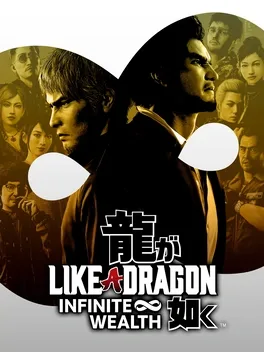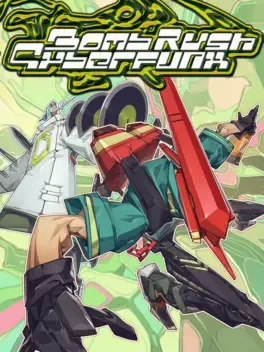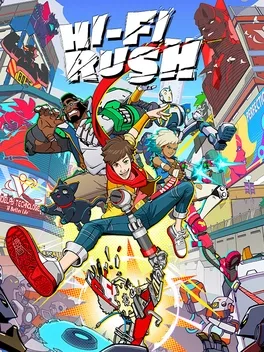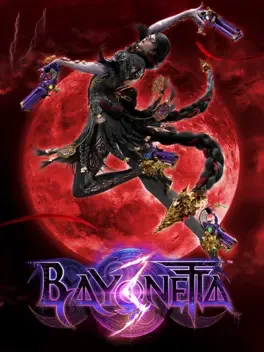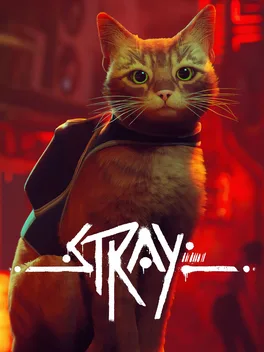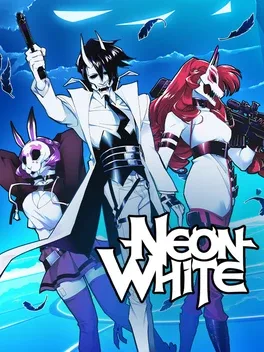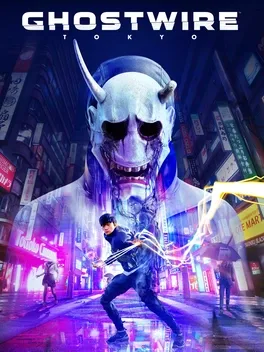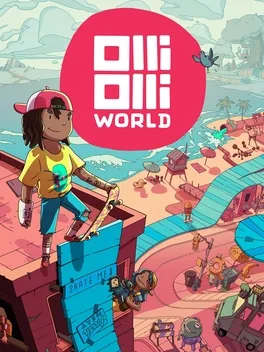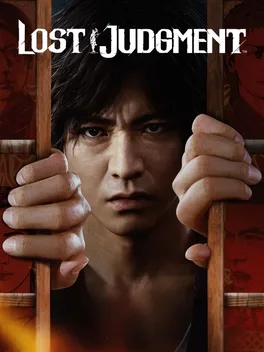Blake Hester
This author account hasn't been claimed yet. To claim this account, please contact the outlet owner to request access.
Writing For
Latest Reviews
By the time I saw the credits on Like a Dragon: Infinite Wealth, I felt like I had been through the emotional ringer. I was mentally exhausted. I think that's by design. Infinite Wealth is developer Ryu Ga Gotoku's (RGG) most ambitious project by a long shot – an epic tale told across multiple characters and continents, featuring the conclusion of some nearly 20-year-old plot threads that leave at least one character, quite literally and relatably, asleep in the streets. Some of this is the best work the developer has ever done, a new watermark for the series going forward. And some of it is some of the studio's worst. Like everything in Infinite Wealth, it's complicated.
At its core, Bomb Rush Cyberfunk wants to remind you how cool other games were. Specifically, Jet Set Radio, Jet Set Radio Future, and a tiny bit of Tony Hawk's Pro Skater. The problem is, by choosing nostalgia as its sole focus, Bomb Rush lacks an identity of its own – it only reminds me of why I'd rather play those other games instead.
Like a Dragon: Ishin is not a new game. It's a remake of an old game – 2014's Ryu Ga Gotoku: Ishin, released only in Japan on the PS3 and PS4. And yet, despite the age of its skeleton, in some ways, the game stands out as one of the more impressive games in developer Ryu Ga Gotoku's (RGG) portfolio – even with a few noticeable weak points.
Hi-Fi Rush occupies an increasingly rare space in the big-budget video game industry: that of colorful, goofy, and light-hearted titles. For its 10 or 11-hour runtime, it has more in common with a Saturday morning cartoon than a thin attempt at gritty, prestige television, like most triple-A games these days, and that's easily its biggest strength. That its gameplay and combat are a unique melding of rhythm and stylish action games is merely the cherry on top.
By the end of Bayonetta 3's third chapter, it's operating on a scale that dwarfs most video games. Buildings twist and crumble like flimsy plastic, giant craters pock-mark the earth, and mountain-sized creatures level entire cities; the bombastic culmination of an opening three hours that feel like they're running a mile a minute; a never-ending barrage of stimuli.
Stray is a game about being a cat. You see, explore, and mess with the world in the ways only they can. Because you're doing so in one of the more densely-packed video game worlds in recent memory, there's plenty of room for kitty antics. Luckily, Stray wastes no moment letting you fulfill any feline aspirations you may have.
In 2021, while interviewing creator Ben Esposito about then-upcoming Neon White, he told me he wasn't trying to make a game appealing to everyone. He wanted Neon White to appeal to "really specific people."
Ghostwire: Tokyo has a completely dead world, empty of any other human beings or people to talk to. It also has rote and repetitive combat with a bland and uninspired story. And yet, I love it more than I like most games, even if I think a lot of people won't. It might take a bit to explain why, but it all starts with Ghostwire's best feature: its cold, lifeless map.
Last week, I noticed my hand was sore. I didn't think much of it, mostly because I wasn't sure why it would be hurting. On Monday, while playing OlliOlli World, I found my reason. I'm not sure there's a better way to recommend World than that; it pushed my hands to their limit.
Is revenge ever justified? Can a person take justice into their own hands and live with the weight of their choice, or should it always be left to a flawed judicial system that can and will betray the people it's designed to protect? These are the core questions at the heart of Lost Judgment, the latest game from Yakuza developer Ryu Ga Gotoku and sequel to its 2019 detective-action brawler Judgment.
